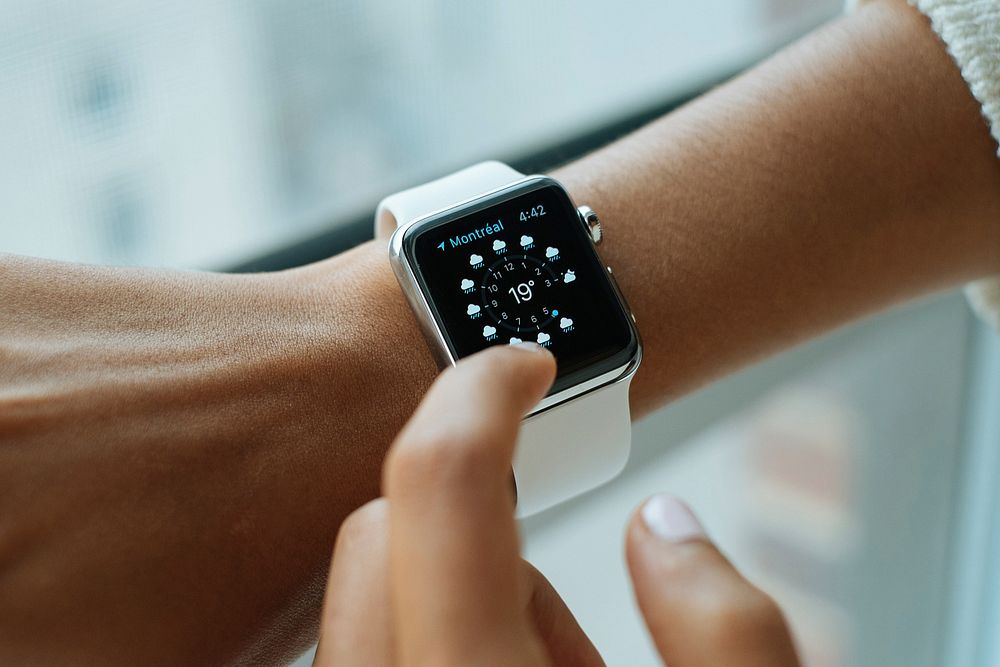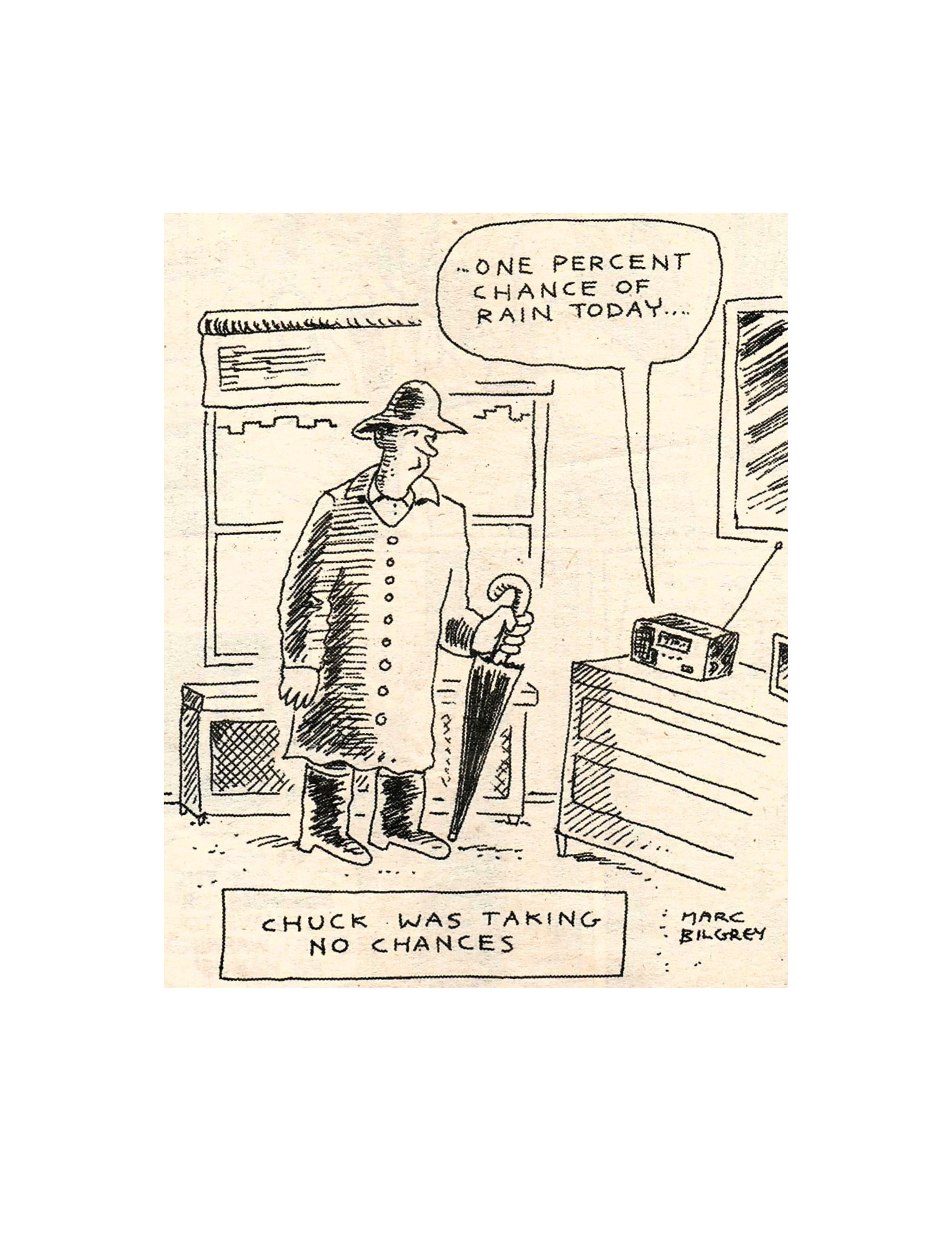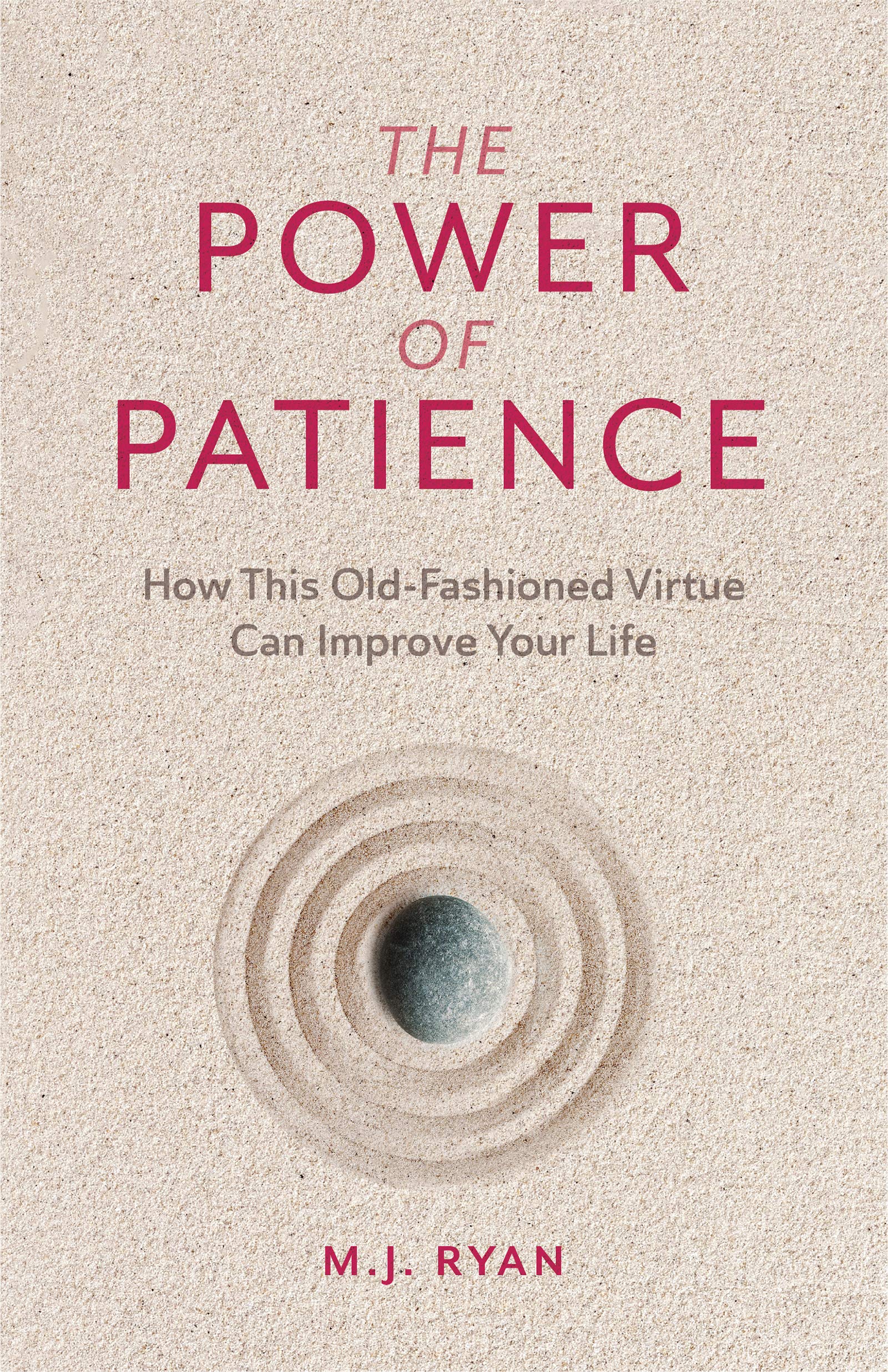
LEARN A LITTLE:
The Fitbit Fit to Tell Me What Kind of Day I am Going to Have
Like millions of other consumers, I first bought a Fitbit as a step tracker, trying to be physically active and buying into the health goal of 10,000 daily steps.
Beside that, I wanted a decent watch and what the heck a daily sleep score was a bonus.
Basically, it serves me well and I have no immediate desire for additional features such as google maps, a voice assistant, workout tracking, or access to music.
Not too long ago, I thought it would be helpful to have access to the temperature and weather status of my home community here in Illinois. I downloaded the weather app. And so there it was, easily available on my Fitbit, the current temperature, and forecasted high and low and one or two weather related adjectives such as rainy, sunny, hazy, overcast, windy, cloudy, frosty, foggy, hail, snow, etc.
I was somewhat surprised several weeks ago when first thing in the morning I checked my Fitbit and weather app and learned that day it would be “dreary”
That took me by surprise as I was feeling pretty good; I had a good breakfast and a good night’s sleep. I asked myself the obvious question, “How had I become dreary?”
I decided to Google search “dreary” since Google now owns Fitbit. Perhaps I was missing something. Here’s what I found, “dull, bleak, depressing” and more— “dreary refers to a person who is dully, gloomy, or depressing.”
When I looked out of the window it was overcast and evident the sun was not shining. But is a day without sun dreary? Who decides or makes such a determination? Was it a despondent weather guesser? A disgruntled meteorologist who has added another potential weather model to the global, regional, or local models. Is there a new AI psychological model in play that I don’t know about?
I doubt that it is satellite imagery, perhaps it’s just another system upgrade made in the middle of the night. It would be great if someone would explain this recent phenomenon to me.
LAUGH A LITTLE:


REFLECT A LITTLE:

Proverbs 3:30 (NIV)
Do not accuse anyone for no reason—
when they have done you no harm.
READ A LITTLE

The Power of Patience
M.J. Ryan
(Conari Press,2003)
Many years ago, I had a boss who was very fond of saying, “Art, you need to remember it takes nine months to have a baby”. Apparently, my lack of patience was more obvious than I thought.
I’d like to believe that over time I have become more patient, but nevertheless it’s a bit of behavior I still need to pay attention to. So recently when I came across a copy of the Power of Patience in a used book store, I bought it. It was first published in 2003 by Conari Press and authored by M.J. Ryan, who was one of the co-authors of Random Acts of Kindness. It’s an easy to read and understand book that I found interesting and helpful in increasing my motivation to be more patient.
If by chance you are a person struggling with “hurry sickness” or one who keeps pushing the elevator button to make it come faster, this book is for you. Hopefully thinking about some of the following insights and suggestions will prompt you to read the book.
-
- Learning to be more patient is “a combination of motivation (wanting to), awareness (paying attention to), and cultivation (practicing).
- “The most important thing to know is that patience is something you do, not something you have or don’t have.”
- “Patience is a critical factor in whether we have satisfying lives or not. Patience gives us self-control, the capacity to stop and be in the present moment.”
- “With patience we are more able to stay calmer on the inside no matter what is happening on the outside.”
- “Anything that we could potentially become good at requires that we dedicate ourselves to long effort. We fulfill our potential with patience.”
- “A handful of patience is worth more than a bushel of brains.” -Dutch proverb
- “Patience allows us to keep our cool under stress. It helps us to take our foot off of the accelerator of our nervous system.”
- “Make haste— slowly.”
- “In fact, anger is often the direct consequence of losing our patience.”
- “Fundamentally, you can’t love without patience. It’s what allows you to accept or overlook the flaws of others.”
- “Patience is a lot about what you don’t do. It’s about holding back when you want to let loose, putting up with something you’d rather not, and waiting for something to happen rather than forcing it along.”
- “What creates true change is becoming aware of what we are doing— being impatient— without judging ourselves. Awareness allows us to learn.”
- “Waiting is a natural condition of life. Technology doesn’t reduce our waiting time— it just changes what we are waiting for.


